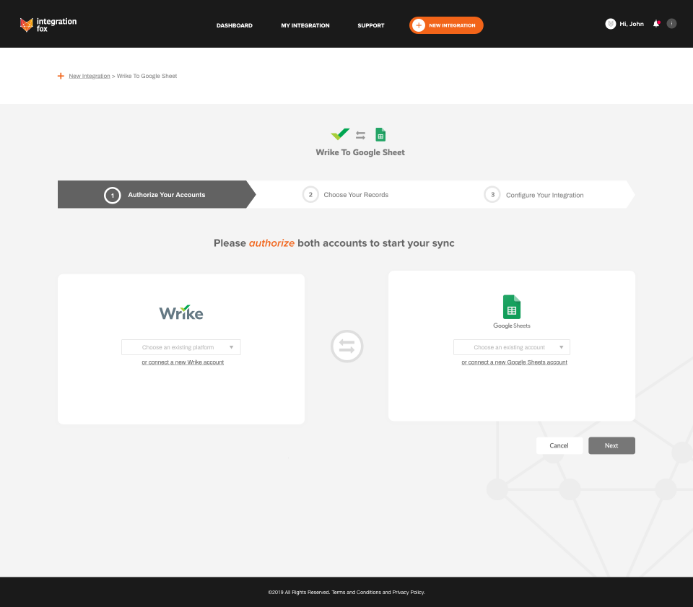Data security is a term that most businesses who manage all quantities of information, small or large, should be familiar with. In essence, data security is the process of protecting digital data, such as those in a companies database, from destructive forces and from the unwanted actions of unauthorised users such as a cyber attack or a data breach.
In 2013, Adobe was hacked, exposing 38 million user records, including customer names, IDs, passwords and debit and credit card information. An agreement in August 2015 called for Adobe to pay a $1.1 million in legal fees and an undisclosed amount to users to settle claims of violating the Customer Records Act and unfair business practices. In November 2016, the amount paid to customers was reported at $1 million.
However, the true importance of data security can often be overlooked by businesses, when in fact it is integral to the safety, privacy and functionality of any business. By taking the necessary steps to keep your data safe, you:
- Maintain data integrity
- Keep internal and external data safe and out of dangerous hands
- Know you're data isn't at risk whenever you access, transfer, or share it
Despite the benefits of data security, many businesses don't take it seriously or prioritise it. Sometimes it seems like a 'big company' problem as they are the ones with the data that cyber attackers want to access, but in fact, this often isn't the case. Big or small, data security is extremely important and shouldn't be overlooked by any business.
That's why if you're wanting to protect your company, taking the time to implement a data security solution is in your best interesting. With that said, let's take a look at some of the reasons that can justify you investing in data security plan for your business.
1. Reputation
One of the most important ones, is the reputation of your business and the trust of your clients that reputation brings. Over time, a business builds and earns its reputation through the quality of its service and trust. Clients pay forward that trust by providing sensitive information with purchases or their personal data.
When a breach happens, things can fall apart very quickly. Clients data is stolen, not only putting them at risk, but yourself for not having a rigorous data security plan in place. This results in your reputation being tarnished and the possible future of your business could be at stake.
2. Cost
Because a lot of businesses are unaware about data security and the potential harmful effects it has, they don't realise the cost that's involved in data breaches, meaning they don't take the necessary preventative measures.
Businesses are legally responsible for the theft of information so when a data breach occurs, businesses can often be hit with a fine, not to mention the disruption of employee workflow and additional costs for necessary steps to restore the safety of your company data and network.
According to Ponemon Institute’s Cost Data Breach Report, which is an annual compendium of data breach trends that is used by the information security industry, in 2020, data breaches on average cost $3.86 million.
It also stated that the average time to identify and contain a data breach, or the "breach lifecycle," was 280 days. Speed of containment can significantly impact breach costs, which can linger for years after the incident. The average savings from containing a breach in less than 200 days versus more than 200 days was $1.0 million.
This not only shows that data breaches have the potential to cost businesses a substantial amount of money but also time and resources.
3. Loss of Jobs
Just with any data breach, there is often someone accountable for the problem.
The culprit could be anyone within a business from the CEO, a developer or a sales rep. Whoever it may be, there may be some serious conversations being had once the dust settles. As with a lot of big cases - the likes of Uber, Yahoo, and Target - leading executives have paid the price for data breaches by being forced to resign or fired. According to a report from Kaspersky Lab, 31% of data breaches around the world have led to employees losing their jobs.
Ideally, you don't want to have to go through the whole process of someone losing their job or being ousted. Which is why, at all levels of a business, it's important to invest in a suitable data security process. It's not just IT's job to take care of the security of data, but rather, everyone's, as we all have the ability to slip up if not trained with the correct process or using the right software.
What can you do to keep your data secure?
Realising that data security is a problem and that you need to address it is the first step. Hackers are only getting smarter and they aren't going away anytime soon.
Data security is now essential and your approach should reflect that. Data security shouldn't just be applied to certain individuals or departments, but rather your entire business. Continue to seek out best practices and continue to upskill your employees. Supply them with the skills and software they need to do their jobs effectively but also securely. All it takes is one person's mistake to bring the entire ship down.
To improve your data security approach, start with a security audit. For yourself and any partners who have access to your database, do the the following:
- What are your current security policies?
- Do you have a password policy?
- Is your team definitely following your policies?
- Who are your high-risk users?
- Are there measures you can take to tighten your security?
Any changes you can make now, will safeguard your brand, reputation and information in the future.
You may be thinking 'What if I just put more restrictions around who can and cannot access the data within my business?' and that may work for a time, but by putting up more walls and roadblocks, your teams access to powerful insights they need to succeed. Without the historical market and customer data, your team will be one step behind when it comes to anticipating the needs of your customers and prospects. Limit your data access and risk putting a limit on your service and sales.
How Can Integration Fox Help You?
When it comes to data security, take one more thing off your mind. Integration Fox allows you to sync your platforms and integrate your data, without worrying you're potentially compromising it's integrity. Consolidate your data and set you and your team up to make better informed business decisions in a safer and securer way.
If you're interested to learn more about how Integration Fox can solve your integration problems while also increasing your data security, get in touch, we'd love to talk to you.







